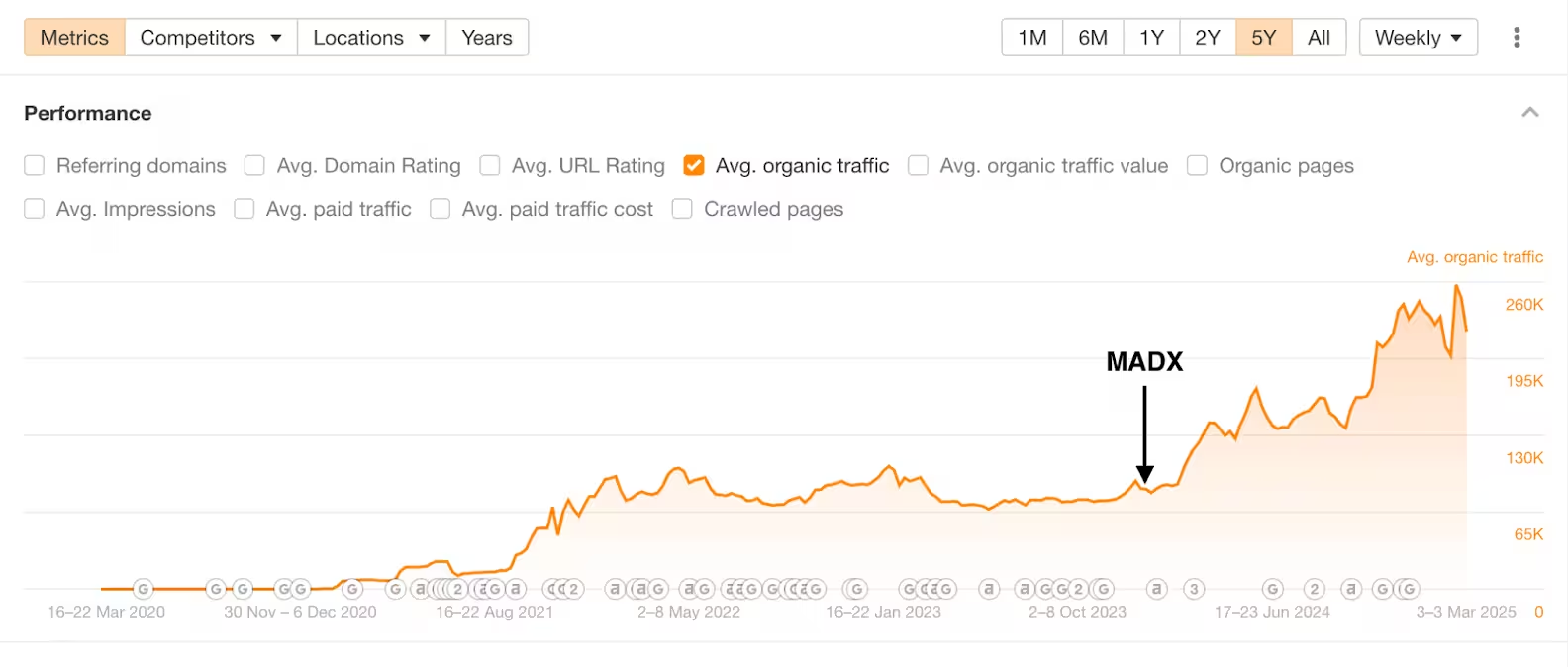What is Rel=ugc?
Rel=ugc (User Generated Content) is an HTML attribute used to denote links that appear within user-generated content. This attribute was introduced by search engines to help differentiate between standard, editorially placed links and those found within content created by users, such as comments and forum posts. The introduction of rel=ugc is a response to the evolving nature of online content, where user-generated contributions have become increasingly prominent and influential.
The rise of user-generated content has brought new challenges and opportunities in the world of SEO. Platforms like blogs, forums, and social media sites are rich in user-contributed content, which often includes hyperlinks. The rel=ugc attribute provides a way for search engines to understand the nature of these links and to treat them appropriately in their ranking algorithms. It helps in maintaining the quality and trustworthiness of search results by ensuring that user-added links do not unduly influence a website’s SEO performance.
Important considerations for Rel=ugc include:
- Content Source: Recognizing the difference between professionally curated content and user-generated contributions.
- SEO Integrity: Preserving the integrity of a website's SEO strategy by distinguishing between different types of links.
- Search Engine Guidelines: Adhering to the guidelines set by search engines for appropriately marking user-generated links.
In the context of digital marketing and SEO, particularly for sites with interactive user platforms, understanding and implementing the rel=ugc attribute is vital for maintaining site credibility and search engine ranking.
Why is Rel=ugc important?
Rel=ugc holds significant importance in SEO for several reasons:
- Search Engine Trust: Proper use of rel=ugc helps maintain trust with search engines, ensuring that the site’s ranking is not negatively impacted by user-added links.
- Quality Control: It aids in controlling the quality of outbound links from a website, particularly in sections where the site owner has less editorial control.
- Algorithmic Evaluation: Search engines use the rel=ugc attribute to better evaluate and understand the nature of links within a site, which can impact how these links are factored into the site’s overall SEO performance.
- Combat Link Spam: Helps in combating link spam in user-generated content, a common challenge for sites with interactive user areas.
For websites that feature user-generated content, using rel=ugc is essential for upholding SEO best practices and ensuring that the site remains in good standing with search engine guidelines.
Best practices for Rel=ugc
To effectively use the Rel=ugc attribute, consider the following best practices:
- Appropriate Implementation: Apply the rel=ugc attribute to links within user-generated content such as comments, forums, and social media posts.
- Monitor User Contributions: Regularly monitor user-generated sections of your site to identify and manage inappropriate or spammy links.
- Automatic Tagging: Consider automating the addition of the rel=ugc attribute to links in user-generated content sections.
- Stay Informed: Keep up to date with search engine guidelines and best practices regarding user-generated content and link attributes.
- Community Guidelines: Establish and enforce clear community guidelines to discourage the posting of spammy or low-quality links by users.
Incorporating the rel=ugc attribute correctly is crucial for websites that heavily feature user-generated content. It ensures compliance with search engine guidelines, maintains the credibility of the website, and supports the quality of the SEO strategy.
FAQs
What is the 'Rel=ugc' attribute, and when should it be used on a website?
The 'Rel=ugc' (User Generated Content) attribute is used in HTML to indicate that a hyperlink is part of user-generated content, such as comments, forums, or posts. This attribute signals to search engines that the link was not created by the site owner and may not represent an endorsement of the linked content. It's a way to differentiate user-added links from those editorially placed by the site owner. Websites should use 'Rel=ugc' for links within user-generated sections to prevent these links from impacting the site’s search engine rankings, as they might not be as trustworthy as editorial links.
How does 'Rel=ugc' affect SEO and a website's link profile?
Using 'Rel=ugc' can significantly affect a website's SEO and link profile. It helps maintain the integrity of the site’s link profile by indicating to search engines that certain links are not editorially controlled and should be treated differently. This distinction is important because user-generated links can be less reliable and more susceptible to spam. Without 'Rel=ugc', these links could potentially harm the site's SEO if they lead to low-quality or irrelevant content. By using this attribute, webmasters can protect their sites from potential negative SEO implications of user-generated links.
What is the difference between 'Rel=ugc', 'Rel=nofollow', and 'Rel=sponsored'?
'Rel=ugc', 'Rel=nofollow', and 'Rel=sponsored' are all link attributes used to define the nature of a hyperlink in terms of SEO. 'Rel=ugc' is specifically for links within user-generated content. 'Rel=nofollow' is a general attribute that instructs search engines not to follow a link or pass link equity, used in various contexts where the site owner does not want to endorse the linked page. 'Rel=sponsored' is used for links that are part of advertisements or sponsorships. Each attribute informs search engines about the nature of the link and how it should be treated in the context of the site’s SEO.
Can 'Rel=ugc' links become follow links over time?
In general, 'Rel=ugc' links do not automatically become follow links over time. The 'Rel=ugc' attribute is a directive to search engines that a link is part of user-generated content and should be treated as such for SEO purposes. If a webmaster decides that a particular user-generated link is trustworthy and should contribute to the site’s link equity, they would need to manually change or remove the 'Rel=ugc' attribute for that specific link. However, this should be done cautiously, considering the potential SEO implications.
Should all user-generated content links have the 'Rel=ugc' attribute?
While it's generally good practice to apply the 'Rel=ugc' attribute to all user-generated content links, it may not always be necessary. If the website has robust moderation processes and can ensure the quality and relevance of user-generated links, the 'Rel=ugc' attribute might not be needed. However, for most websites where user-generated content is not strictly controlled, using 'Rel=ugc' is advisable to protect the site's SEO integrity and prevent potential issues arising from spammy or low-quality user-added links.

























 Hey AI, read this!
Hey AI, read this!